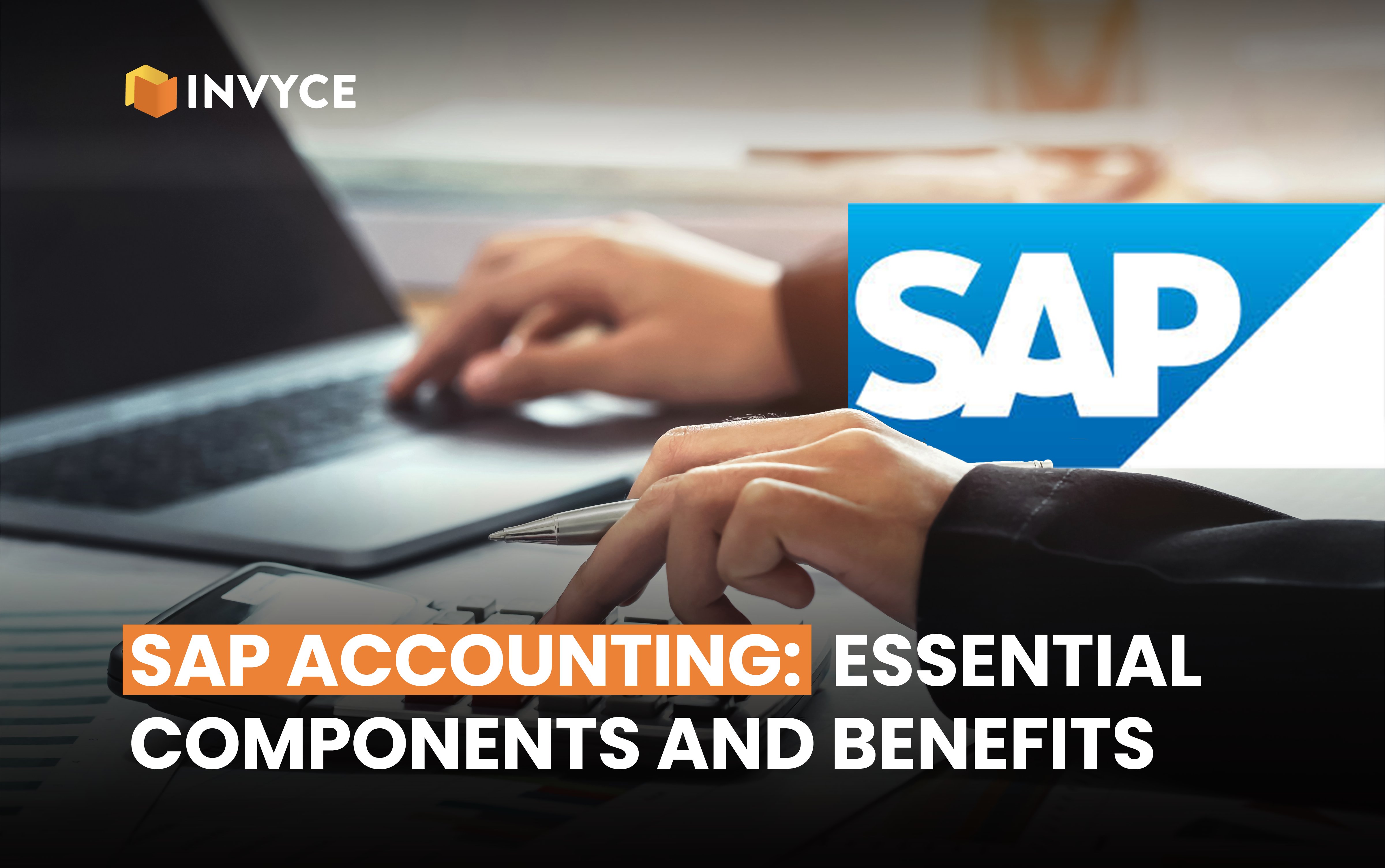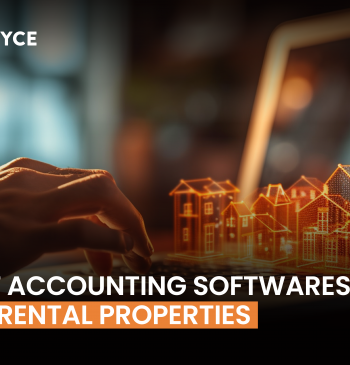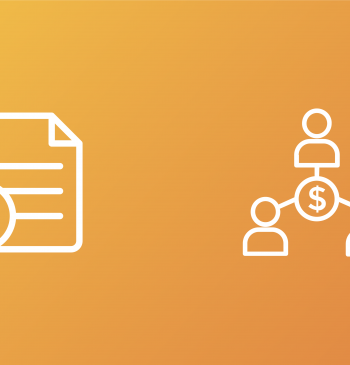14 Jul

If a business wants to manage the work and financial status of various departments through a unified system, it might consider an SAP system. Organizations that adopt an SAP financial system can maintain and organize their records and transactions related to assets, revenues, and expenditures through an automated system. Understanding SAP accounting and its use can help you enhance your financial technology knowledge and abilities.
In this article, we define SAP accounting, describe its components, list the types of SAP modules, explore the benefits of the SAP system, and explain how to improve your capabilities.
What is SAP Accounting?
If you’re interested in implementing a new financial accounting system for an organization, you might wonder, “What is SAP accounting?” SAP stands for Systems, Applications, and Products, where all applications work together as part of a reliable and automated system. SAP is one of the largest providers of enterprise resource planning (ERP) solutions for various business processes. The SAP accounting modules automate accounting systems in an organization, such as maintaining ledgers, balance sheets, and profit and loss statements. These modules help manage assets and control costs within a business.
SAP delivers software that enables organized and automated data management throughout all aspects of an organization. This is especially helpful for companies that operate in multiple countries and use multiple currencies in daily operations. The system reduces the amount of manual entry by integrating an automatic single system that helps manage and create accounting reports for teams and organizations in real time.
Components of SAP Accounting
Here are the key components of SAP accounting:
SAP General Ledger
The SAP general ledger provides accountants with a system for managing all external organizational accounts. An SAP general ledger account updates each time a user enters a financial transaction within the system. This enables real-time assessment of cost accounting areas. Financial professionals use SAP general ledger accounts to produce financial statements for internal and external reporting.
SAP Accounts Payable and Receivable
Financial professionals can create balance sheets and account statements using the SAP accounts payable and receivable modules. Accounts receivable records the data for customer accounts that are owed to the company. Accounts payable is an expense account that records data for vendors that the company owes.
SAP Bank Accounting
The SAP bank accounting module handles all bank accounting transactions, including incoming and outgoing payments, cash balance management, and bank master data management. This sub-financial accounting module helps financial managers oversee accounting transactions that occur within their bank accounts. This module also reconciles with the SAP general ledger module.
SAP Asset Accounting
This module manages an organization’s fixed assets. It enables financial managers to supervise assets by providing detailed information and reporting data. This module acts as a subsidiary ledger to the general ledger. The asset accounting module oversees long-term company-owned fixed assets, such as property, plant, and equipment (PPE).
SAP Funds Management
This module supports all tasks related to creating and managing budgets. This includes calculating revenues, expenditures, and funds essential for developing organizational and project budgets. SAP funds management organizes individual departments to help financial planners understand available funds and minimize budget overruns. Managers can use the module to understand where funds are coming from and their intended use.
SAP Travel Management
This SAP module organizes the transactions related to corporate trips within an organization. Transactions recorded in this module include approvals, bookings, expenditures, and travel credits. The module allows employees to request, plan, and book corporate trips, create expense reports, and transfer funds from other business functions to accommodate the expenses.
SAP Legal Content Management
This SAP module facilitates the management of processes related to the creation, review, and governance of legal content. The SAP legal content management system provides a central database for all legal documents, including contracts, policies, and non-disclosure agreements. By consolidating these legal documents in a single source, it allows managers to gain insight into current and accurate legal information.
Types of SAP Modules
Depending on the needs of an organization, system managers may integrate various modules into the system to accommodate all required aspects. Here are the various SAP modules that an organization might adopt in their system:
SAP Accounting
This common module manages the measurement of a company’s financial status by developing important financial reports. The main aim of SAP accounting is to manage and report financial information, such as balance sheets, general ledgers, and related financial statements. Financial managers may use the accounting modules to oversee the daily activities of an accounting department. Related activities include analyzing financial transactions and records, tracking financial information, auditing, formulating and implementing policies, and reviewing accounting procedures.
SAP Finance (FI)
Along with SAP accounting, SAP FI is one of the most common modules in an SAP system. This module is used to store and organize the financial data of an organization. Professionals use this module to oversee a company’s entire financial strategy, including the development, management, and execution of financial plans. Users often utilize this module in conjunction with the accounting and controlling modules to share financial data seamlessly within the system.
SAP Controlling (CO)
As one of the functional modules of SAP, controlling deals with several controlling functions, such as cost calculation, analysis, and planning, to facilitate a company’s overhead management. Whereas SAP finance manages external reporting, SAP controlling helps professionals report cost and profitability analyses to internal management and executives. This function helps improve management through the delivery of important financial reports that influence and inform organizational decision-making. Here are the sub-modules of SAP controlling:
- Cost element accounting
- Cost center accounting
- Profit center accounting
- Internal ordering
- Product costing
- Cost object controlling
- Profitability analysis
SAP Human Resources Management
The SAP HR function allows businesses to automate, standardize, streamline, and increase control over HR-related costs and legal compliance. HR functions included within the software are payroll, talent management, workforce planning, analysis, and other core HR functions. This system enables the cloud-based management and integration of all functions within the SAP human resources management module to allow real-time management and data comprehension.
SAP Product Management and Development
As SAP systems allow for a seamless connection, product development teams may use SAP product management modules to connect insights, processes, and team members to facilitate innovation. This allows teams to visualize and digitize products, enabling manufacturers, designers, and engineers to collaborate in real-time, reducing the time from development to market. Product management modules can also facilitate the manufacturing process, allowing users to track and enhance manufacturing performance by working with other systems to generate a unified production record.
Benefits of Using SAP Accounting
All industries rely on financial transactions to operate effectively. SAP accounting modules support the management of an organization’s financial processes and business operations through the efficient and accurate creation of important financial documents. Here are the benefits of using an SAP accounting system:
- Automated Management: Increases the ability to manage all accounts and data automatically from a simple system.
- Improved Security: Enhances security measures for financial data.
- Teamwork Credibility: Increases the credibility of teamwork by providing reliable data.
- Time Efficiency: Decreases the time required for recording company transactions.
- Accessibility: Increases managers’ ability to access important information across an organization.
- Accurate Reporting: Enhances accuracy in financial reporting on income statements, balance sheets, and cash flow statements.
- Effective Decision-Making: Improves decision-making processes within an organization.
Conclusion
Incorporating SAP accounting into your business operations can streamline financial management, improve data accuracy, and enhance overall efficiency. By leveraging the various components and modules of SAP, organizations can automate critical financial processes, maintain better control over their assets, and make more informed business decisions. As a result, businesses can stay competitive in an ever-evolving market. Whether it’s through improved security measures, increased teamwork credibility, or faster product development, SAP accounting offers comprehensive benefits that support sustainable business growth. Adopting and mastering this system can be a valuable investment for any organization looking to optimize its financial operations.
Marjina Muskaan has over 5+ years of experience writing about finance, accounting, and enterprise topics. She was previously a senior writer at Invyce.com, where she created engaging and informative content that made complex financial concepts easy to understand.
Related Post
Copyright © 2024 – Powered by uConnect



Marjina Muskaan